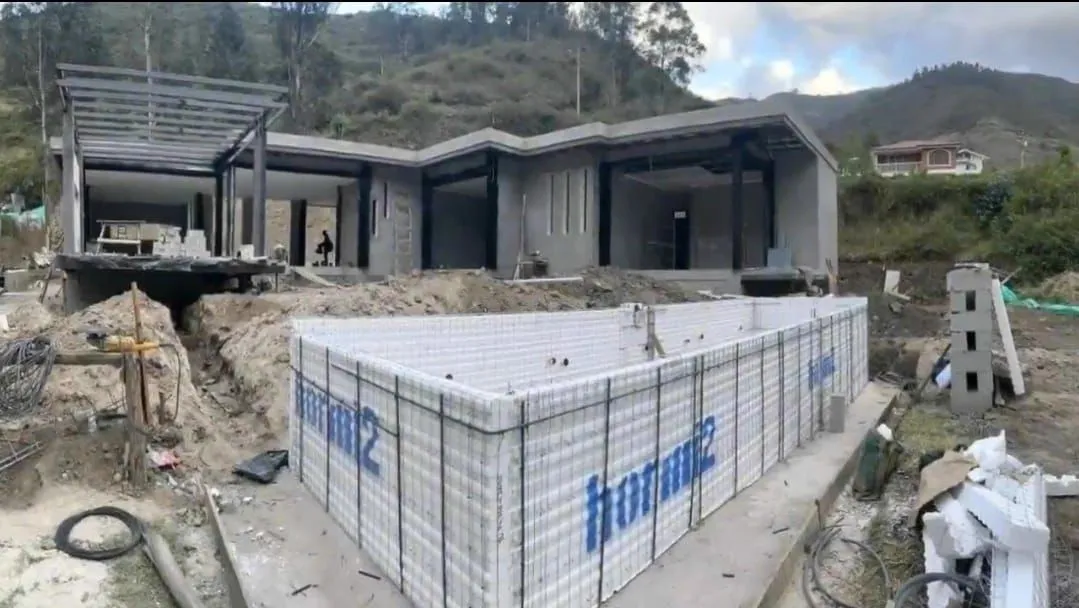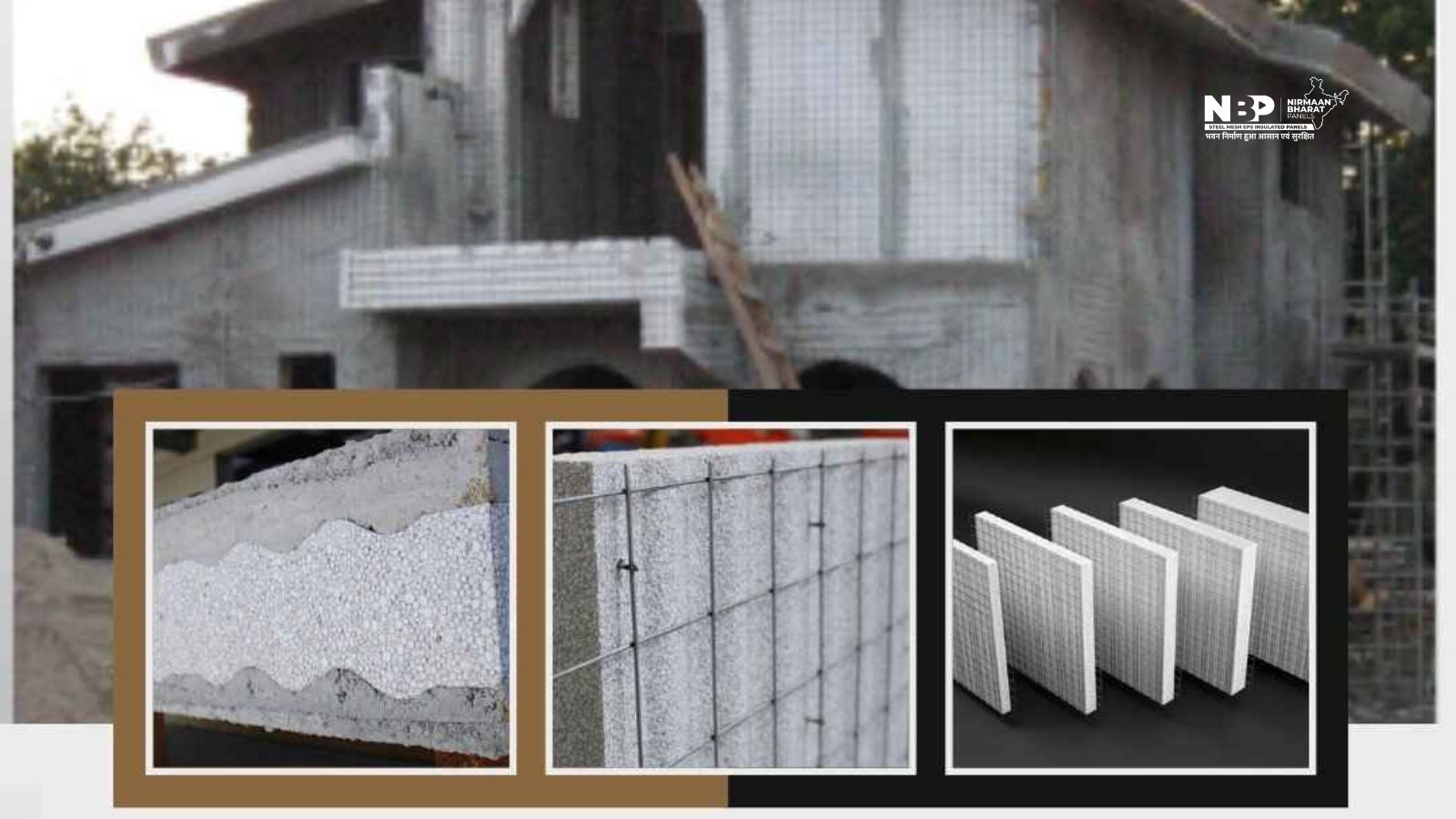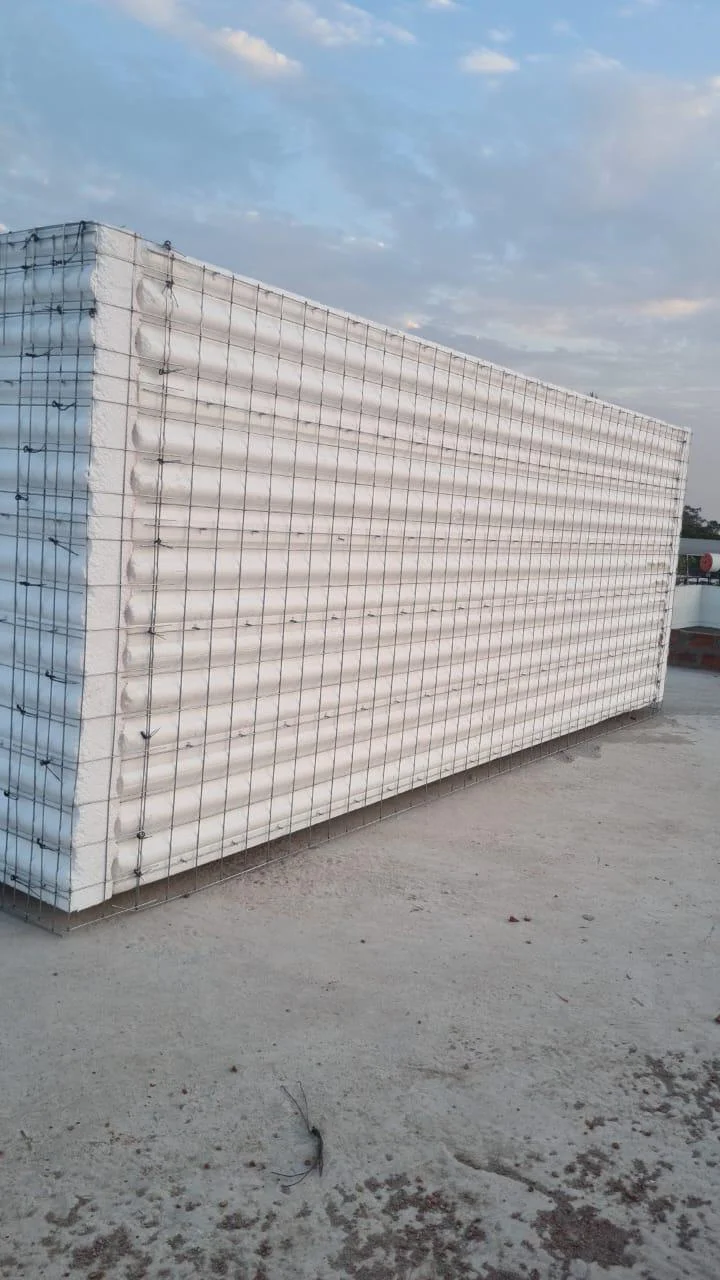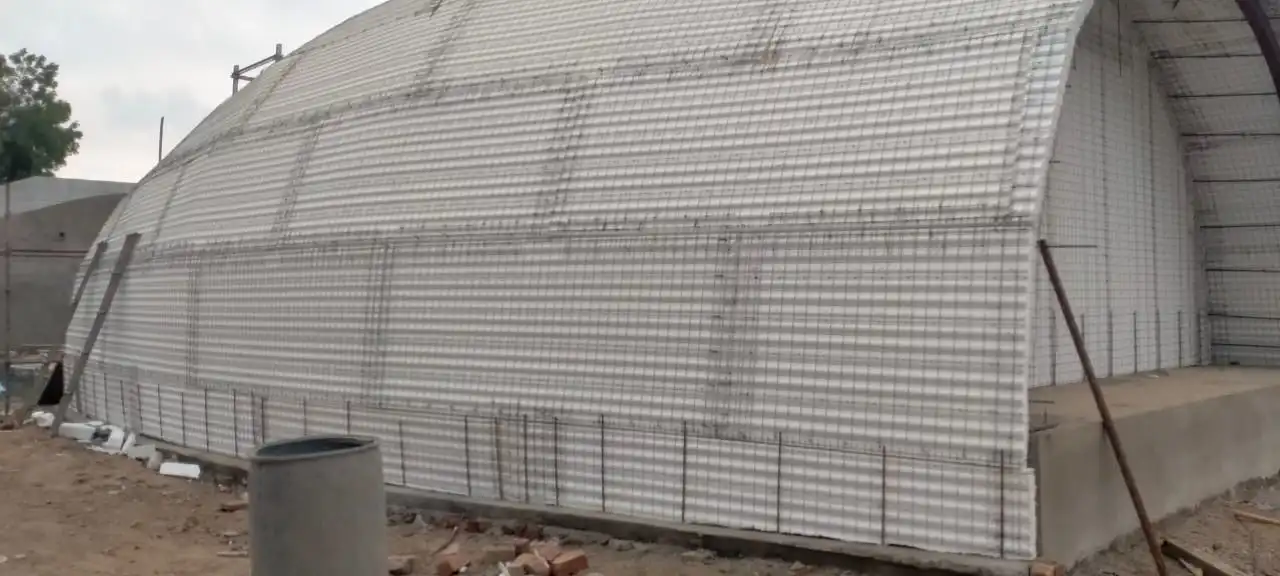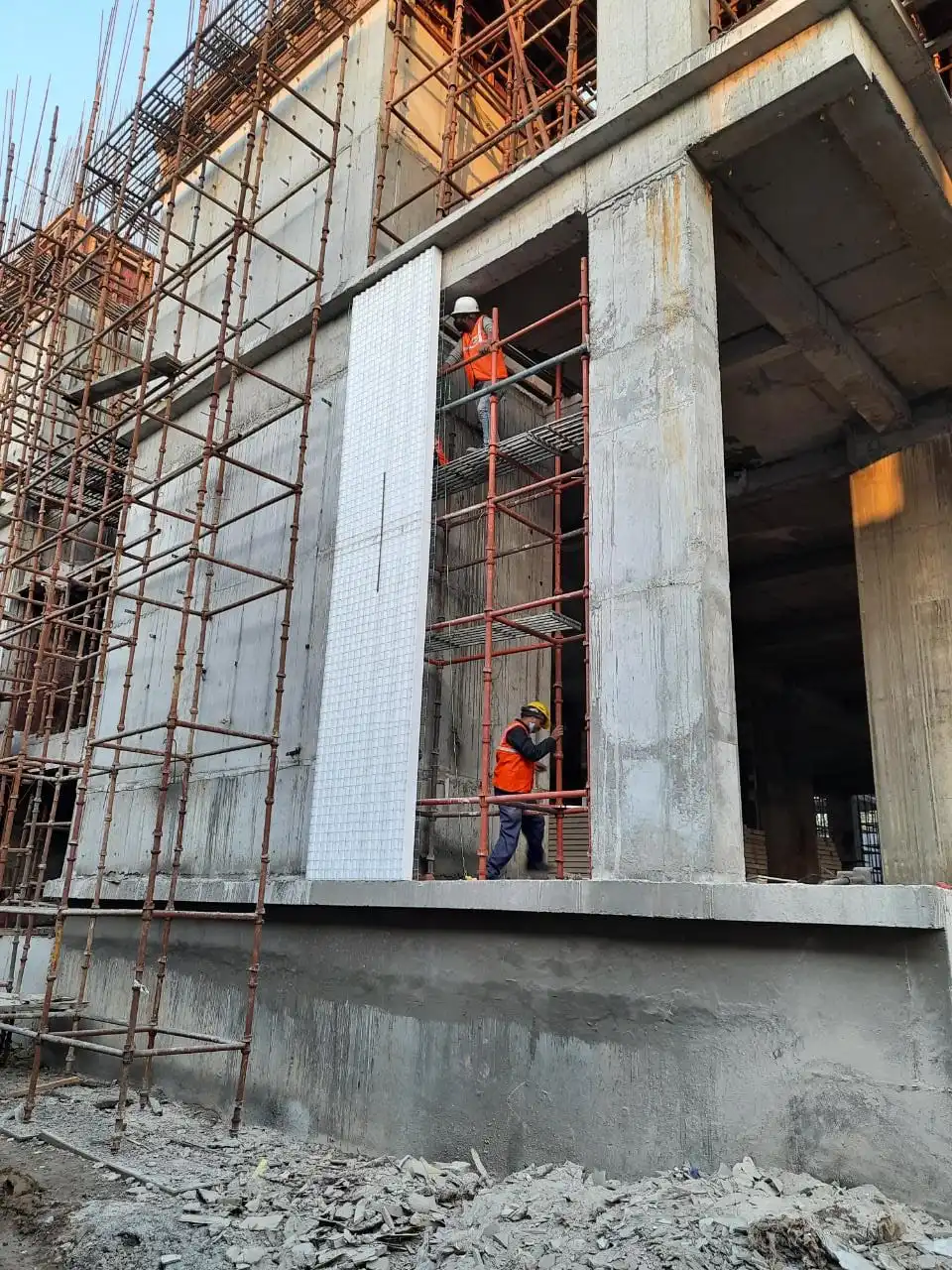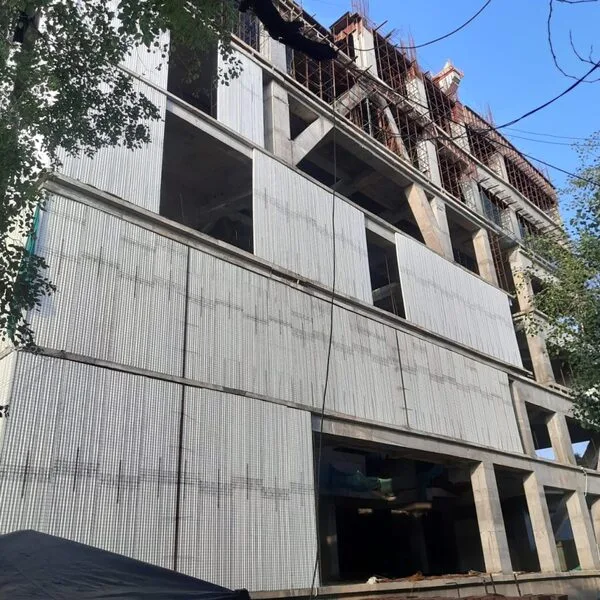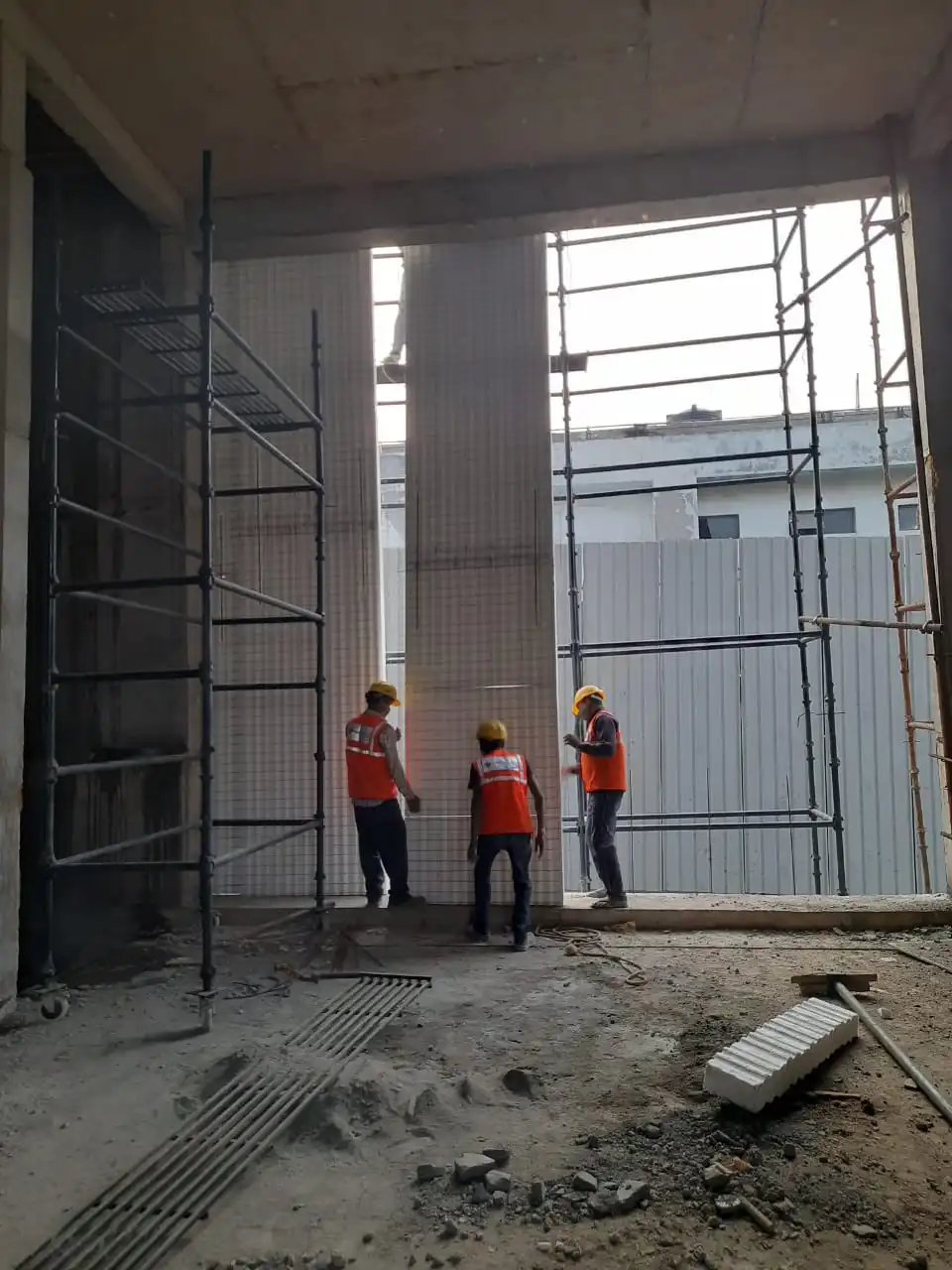In the ever-evolving landscape of construction materials, EPS (Expanded Polystyrene) wall panels have emerged as a revolutionary solution, particularly in the context of India’s construction industry. These lightweight, versatile panels offer a myriad of benefits that are reshaping the way buildings are constructed across the country. Let’s delve into the advantages of EPS wall panels and their significant impact on the Indian construction sector.
Table of Contents
ToggleEnergy Efficiency:
EPS wall panels are renowned for their exceptional thermal insulation properties. In a country like India, where extreme temperatures are common, these panels help regulate indoor temperatures, reducing the need for excessive heating or cooling. This energy-efficient feature not only enhances comfort for occupants but also contributes to significant cost savings on utility bills.
Rapid Installation:
One of the most compelling advantages of EPS wall panels is their quick and easy installation process. Unlike traditional construction methods, which can be time-consuming and labor-intensive, EPS panels can be installed swiftly, accelerating the overall construction timeline. This efficiency is particularly beneficial in India, where rapid urbanization and infrastructure development projects demand timely completion.
Lightweight and Durable:
Despite their lightweight nature, EPS wall panels offer impressive durability and structural integrity. Their high strength-to-weight ratio makes them ideal for a variety of construction applications, including residential, commercial, and industrial projects. This lightweight characteristic not only simplifies transportation and handling but also minimizes the structural load on buildings, leading to long-term structural stability.
Versatility in Design:
EPS wall panels offer architects and builders unparalleled design flexibility. Whether it’s creating curved walls, intricate facades, or customized shapes, these panels can be easily molded to meet virtually any design requirement. This versatility allows for creative freedom in architectural expression, enabling the realization of unique and innovative building designs across India.
Fire Resistance:
Safety is paramount in building construction, and EPS wall panels provide an added layer of security with their fire-resistant properties. These panels are manufactured with flame-retardant additives, making them inherently resistant to fire propagation. This feature not only enhances occupant safety but also ensures compliance with building codes and regulations.
Environmental Sustainability:
In an era where sustainability is a top priority, EPS wall panels stand out for their eco-friendly attributes. Made from recyclable materials and requiring minimal energy for production, these panels have a low environmental footprint compared to traditional building materials. Additionally, their energy-efficient properties contribute to reduced greenhouse gas emissions over the building’s lifecycle, further promoting environmental sustainability in India’s construction sector.
Cost-Effectiveness:
Last but not least, EPS wall panels offer significant cost savings throughout the construction process. From reduced labor costs due to faster installation to lower energy bills resulting from improved thermal insulation, the financial benefits of using EPS panels are manifold. Moreover, their long lifespan and minimal maintenance requirements translate to additional savings over the building’s lifecycle, making them a cost-effective choice for developers and builders in India.
In conclusion, EPS wall panels represent a transformative solution for the construction industry in India. With their energy efficiency, rapid installation, durability, design versatility, safety features, environmental sustainability, and cost-effectiveness, these panels are revolutionizing the way buildings are constructed and setting new standards for efficiency, innovation, and sustainability. As the demand for sustainable and resilient building materials continues to grow, EPS wall panels are poised to play a pivotal role in shaping the future of construction in India.
Moreover, the versatility of EPS wall panels extends beyond their primary use in walls. These panels can also be employed in various applications such as roofing, flooring, and insulation. This multifunctionality adds to their value proposition, offering developers and designers a versatile building material that can adapt to diverse project requirements.
One of the key factors driving the adoption of EPS wall panels in India is their cost-effectiveness. Compared to traditional construction methods, which often involve higher material and labor costs, EPS panels offer a more economical alternative. Their lightweight design reduces the need for heavy structural elements, resulting in overall cost savings for construction projects. Additionally, the speed of installation associated with EPS panels further reduces labor costs and accelerates project timelines, enabling developers to achieve faster returns on investment.
Furthermore, EPS wall panels contribute to energy efficiency in buildings, thereby supporting India’s efforts to reduce energy consumption and combat climate change. The exceptional thermal insulation properties of EPS panels help regulate indoor temperatures, reducing the reliance on artificial heating and cooling systems. As a result, buildings constructed with EPS panels consume less energy for climate control, leading to lower utility bills and a smaller carbon footprint.
Another advantage of EPS wall panels is their fire resistance. Manufactured with fire-retardant additives, these panels offer enhanced fire safety in buildings, mitigating the risk of fire spread and damage. This aspect is particularly crucial in high-density urban areas where fire safety regulations are stringent, and building codes mandate the use of fire-resistant materials.
Additionally, EPS wall panels are known for their durability and longevity. Unlike traditional building materials such as wood or concrete, EPS panels are resistant to rot, corrosion, and pests, ensuring that structures built with them remain structurally sound for years to come. This durability translates to lower maintenance costs and a reduced need for frequent repairs or replacements, making EPS panels a sustainable choice for long-term building projects.
In summary, EPS wall panels offer a multitude of benefits that make them an attractive option for construction projects in India. From cost-effectiveness and energy efficiency to fire resistance and durability, EPS panels address various challenges faced by the construction industry while supporting the country’s sustainable development goals. As the demand for efficient, sustainable building solutions continues to rise, EPS wall panels are poised to play a pivotal role in shaping the future of construction in India, driving innovation, resilience, and environmental stewardship.
FAQ’s
Q1: Are EPS wall panels suitable for all climate conditions in India?
Answer: Yes, EPS wall panels are designed to perform effectively in diverse climate conditions, including extreme heat and cold.
Q2: Can EPS wall panels be recycled?
Answer: Yes, EPS panels are recyclable and contribute to sustainable construction practices by reducing waste and environmental impact.
Q3: How do EPS wall panels compare to traditional brick or concrete walls in terms of durability?
Answer: EPS wall panels offer comparable or superior durability to traditional materials while being lighter in weight and easier to install.
Q4: Are EPS wall panels resistant to pests and mold?
Answer: Yes, EPS panels are resistant to pests, mold, and moisture, providing a hygienic and healthy living environment.
Q5: Can EPS wall panels be painted or finished with different textures?
Answer: Yes, EPS panels can be painted or finished with various textures to achieve the desired aesthetic appeal for any construction project.
Know More –
Efficiency and Sustainability Unveiled: How EPS Panels are Transforming Construction


